Decompartmentalise feedback processing with AI


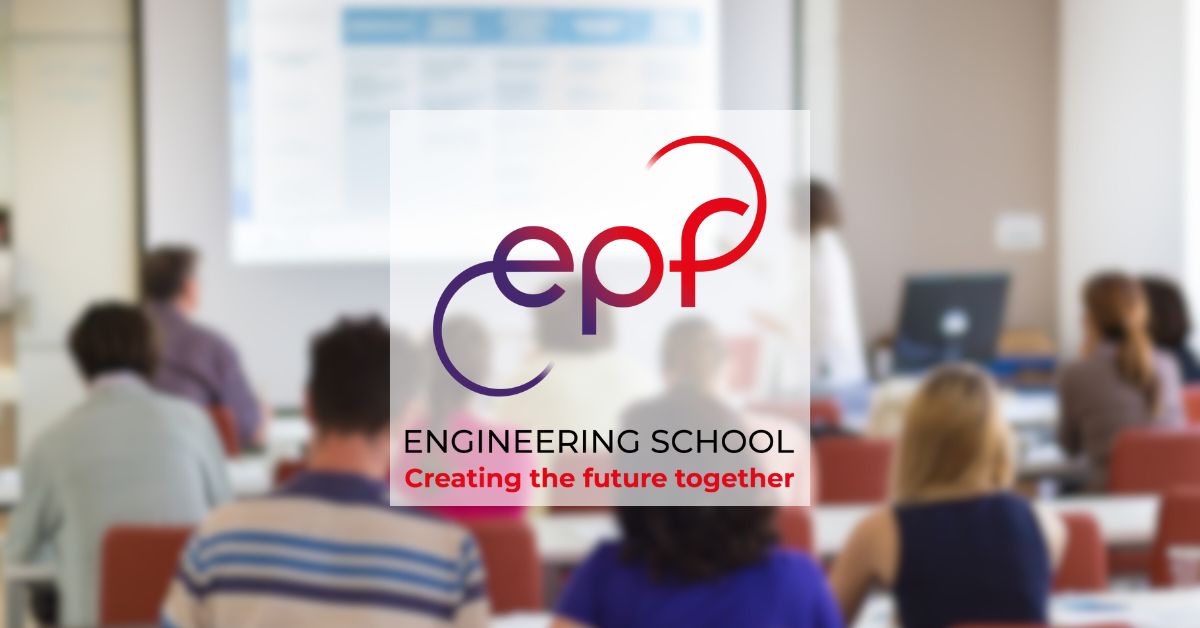
EPF, formerly known as École Polytechnique Féminine, is one of the 204 engineering schools in France that awards engineering degrees. This institution trains engineers with multidisciplinary knowledge and allows them to work in various sectors of industry and services. Every year, around 350 students are part of the promotion, including generalist training, bi-diploma training, and apprenticeship students.
On May 24th at 5 pm, El Hassane Ettifouri – PhD in AI & Software Engineering at Novelis will visit the EPF premises to present a conference on software engineering and automation. The conference program includes:
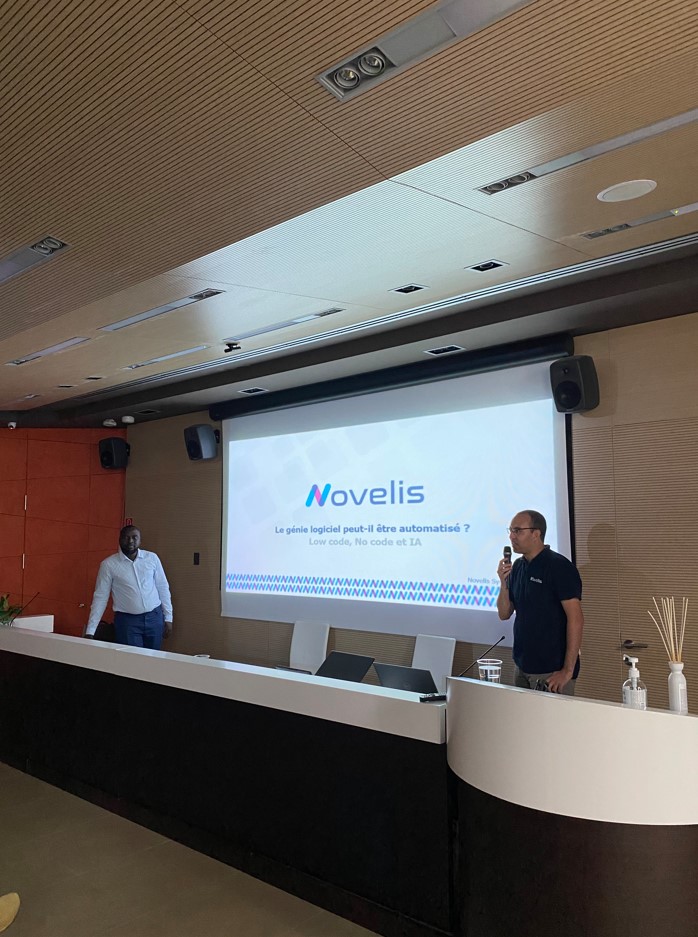
It is within the framework of its annual conference cycle that we will visit the premises of the school Supinfo Paris to present the subject of our professional conference.
On November 09 at 5:10 pm, El Hassane Ettifouri – Doctor in AI & Software Engineering and Sanoussi Alassan – Data Scientist at Novelis will present to the students on one of our favorite topics – automation – by answering the following question: can software engineering be automated?
They will also address the topics of Low Code, No Code and Artificial Intelligence.
Smart Automation represents RPA technology enriched by the power of AI. Smart Automation = RPA + AI
On the conference agenda:
➡️The Low / No code revolution
➡️A path to artificial developers
➡️The AIDA artificial developer
➡️Demonstration

Each year, Blue Prism host the Blue Prism Partner Excellence Awards to celebrate their partners who’ve done the most to move Blue Prism ecosystem forward over the past 12 months.
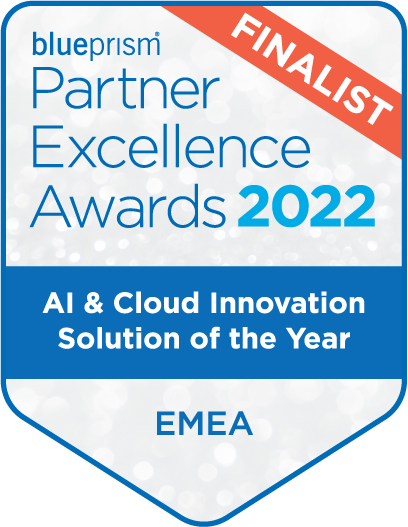
At the last Partner Excellence Awards in 2021, Novelis already received the award for the best Blue Prism Business Solution with SmartRoby (read more).
This global award in the AI & Cloud Innovation category is for the partner who has demonstrated the greatest positive impact to a client’s business through the innovative use of artificial intelligence and machine learning. This partner has engaged with their client to leverage the Blue Prism platform and AI skills to deliver truly transformative results in the public cloud.
The Partner Excellence Awards 2022 allows Blue Prism partners to showcase their expertise in delivering intelligent automation capabilities to digitally transform the way organizations operate, compete and innovate.
“ This year, our judging panel of Blue Prism smart automation experts was once again very impressed with the exceptional quality of the entries, which demonstrate the diversity of talent, innovation and aspirations of our Blue Prism partners!”
Comments the organizing team of the Partner Forum Virtual.
Join us on Tuesday, May 24 to find out live at the Blue Prism Partner Forum Virtual if Novelis will win the coveted AI & Cloud Innovation Solution of the Year award – for the EMEA region.
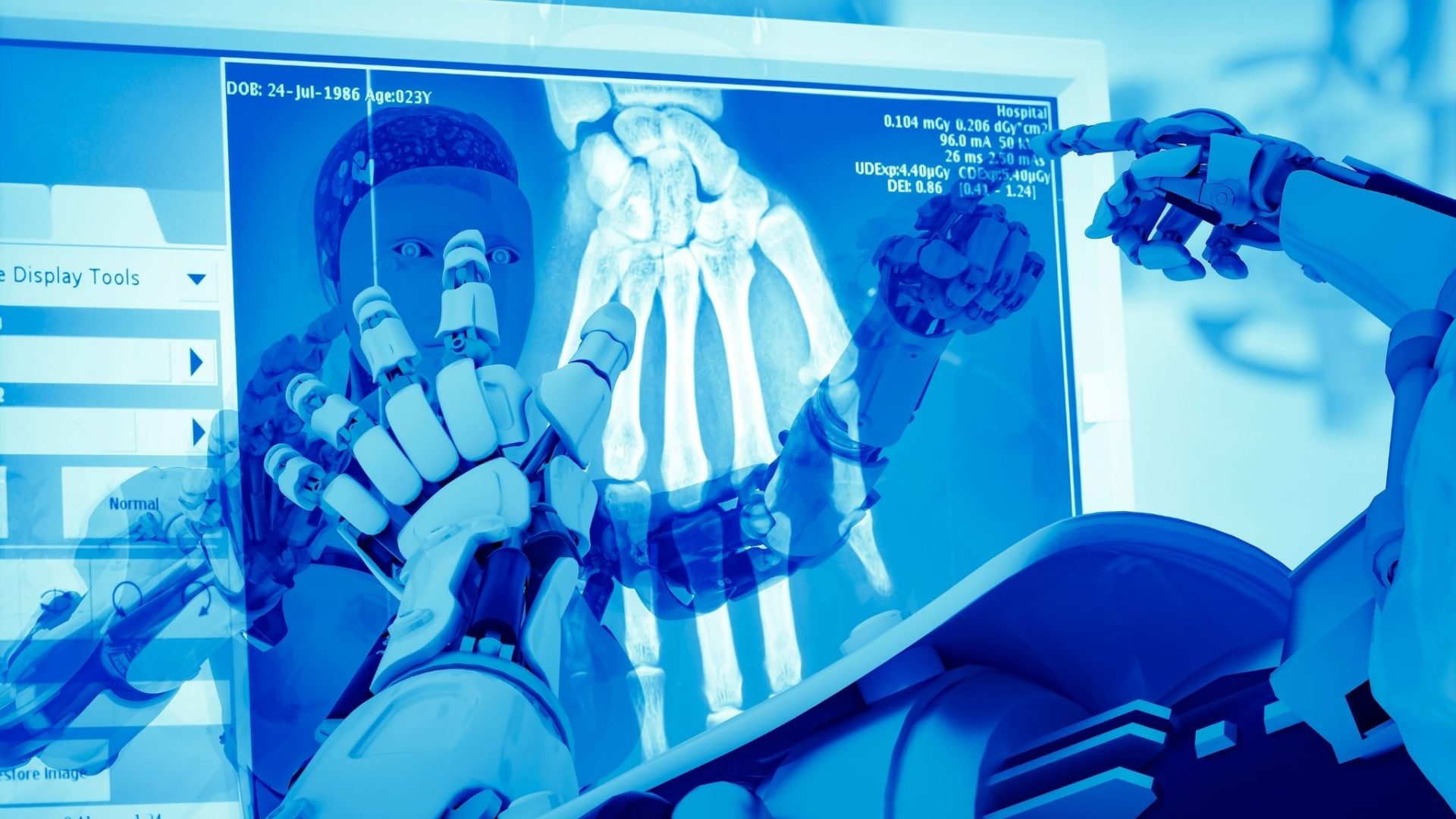
Artificial intelligence or AI is a multidisciplinary computer science that can predict conclusions without any direct human intervention.
To do this, it needs :
AI was primarily designed to provide solutions to complex problems that humans are not 100% capable of solving.
How has AI made its way into medicine today and how will it revolutionise the world tomorrow?
AI is now being used in a number of areas ranging from agriculture to automotive, medicine and healthcare services. It took several years before AI and e-health knowledge engineering could be proven in medicine and biology. Some AI-based projects related to healthcare have even attracted more investment than those in other sectors of the global economy.
40% of pharmaceutical and life sciences companies say they have already deployed AI technologies and are satisfied with the results.
Quite encouraging.
But what is the reality? Hospitals and clinics often have vast amounts of medical data at their disposal. But how do we process all the data intelligently without the risk of missing out on information that is crucial to the quality of care?
When confronted with too much information, information overload leads to misinformation and this can lead to dysfunctional decision-making throughout the organisation.
AI will thus be able to intervene in the process by modelling and analysing data to predict diseases and find cures, notably thanks to: innovative treatment materials; the estimation of life expectancy; the speed of diagnoses; and finally the rapid understanding of correlations between certain factors and our health conditions.
From the data and with the help of Deep & Machine Learning, AI-based computing power can predict significant trends.
AI-based solutions in the medical field are growing rapidly and are above all very diverse. Here are some classic examples:
Let’s focus on the 4 main applications of AI in medicine today, which have been very successful in recent years:
The healthcare sector is evolving as AI and Machine Learning gain popularity. Studies show that spending on AI in the medical sector is expected to increase by 48% at an annual rate between 2017 and 2023.
Several predictions can be made about the impact that AI will have on healthcare in the near future. Here are some of them:
According to BMC Medical Informatics and Decision Making, an AI was able to analyse the clinical notes of 55,516 EHRs comprising 150,990 notes and identified 3,138 prostate cancer patients in just 8 seconds. 8 seconds! Imagine how long it would take a human to achieve the same result?
The next few years will be crucial for Artificial Intelligence and medicine. If technical advances continue to progress at this rate, the growth of innovative technologies in medicine will be pharaonic!
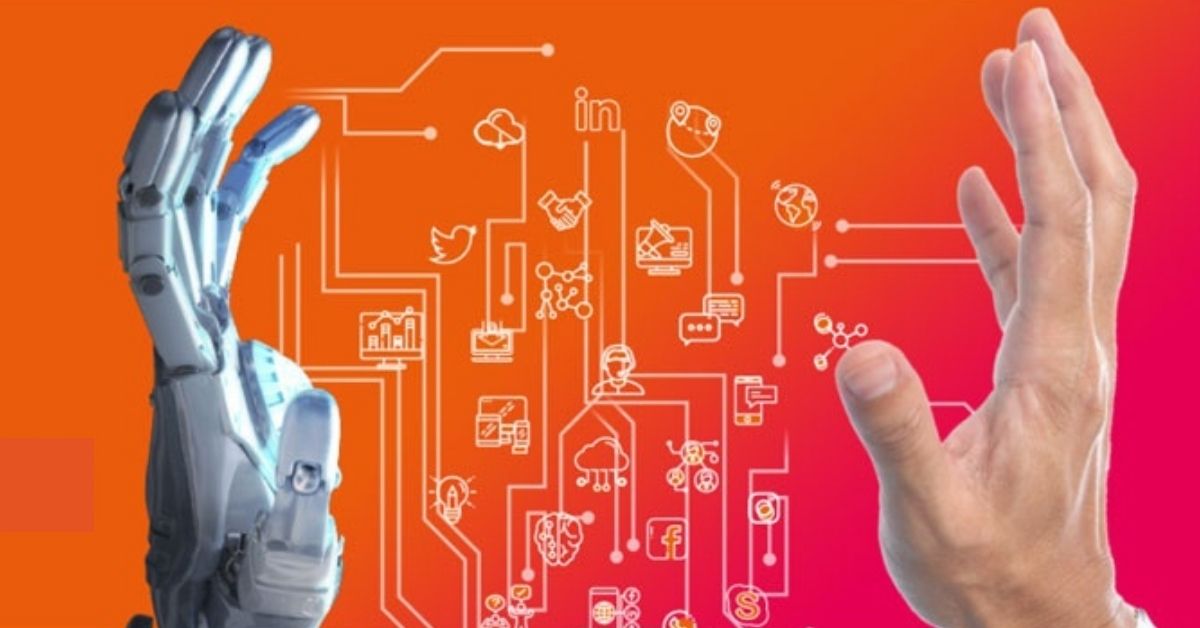
On March 29, 30 & 31, come and hybridize your customer relationship and reimagine the field of possibilities of intelligent automation with Novelis.
This reference event on customer relationship will allow professionals to go further in their reflections and to discover in a concrete way the contribution that automation, AI and RPA can have on a large number of companies.
Novelis will be present to showcase its expertise in customer relationship management.
The Stratégie Clients exhibition is 3 intense days to optimize your customer relationship. The crisis of the Covid-19 has severely impacted all sectors of activity and the customer relationship has not been spared, it has been totally transformed: more hybrid, digital and agile.
Customer service has evolved a lot in the last few years. At a distance, the relationship is often governed by algorithms and voicebots and the need for more human relationship is felt.
The customer now wants to benefit from the efficiency and high availability of machines and at the same time from the sensitivity and finer appreciation of their requests by humans. Clearly, today’s customer wants a hybrid relationship to make the most of both worlds.
The customer strategy of companies must evolve at the same pace as the expectations of their customers and we believe that Artificial Intelligence and the automation of processes by robots is the solution.
This exhibition is the ideal moment for all those who wish to discover these new ways to hybridize customer relations, improve their uses, enrich their strategy, exchange with their peers and find innovative solutions.
As a Pure Player in business process efficiency, we use automation as a lever to boost call center productivity and improve the customer experience.
We support our customers in their intelligent business process automation projects with Smart Automation. We enable companies to transform the experience of their customers and employees.
To learn more: discover our Business Case “Automation at the service of the customer experience“
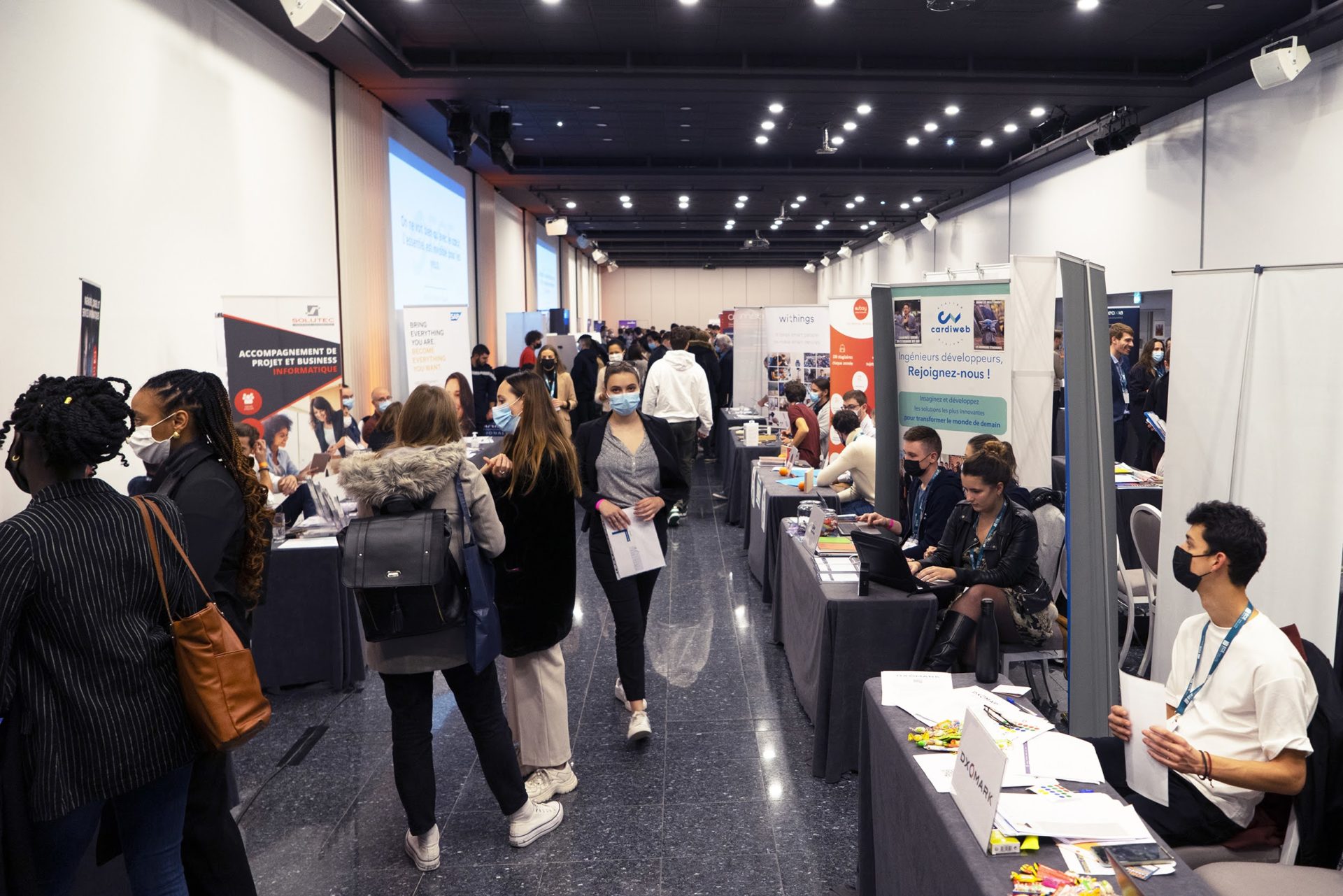
On 28 & 29 September, come and unleash the full power of your data and re-imagine the realm of possibility of Artificial Intelligence with Novelis.
This leading European event on Big Data & Artificial Intelligence will allow professionals to go further in their thinking and to discover in a concrete way the contribution that Big Data & AI can have on a large number of businesses.
As a sponsor of the event, Novelis will welcome visitors on stand S25 in the Startup village to present its work and expertise in Artificial Intelligence.
The result of the merger between two key tech events in France and Europe, Big Data Paris and AI Paris have become one and the same, given the close links between the Big Data and Artificial Intelligence markets.
This event dedicated to the advances in AI and Big Data has been concentrating for 10 years a set of quality contents thanks to the intervention of important actors of the sectors and the sponsorship of innovative companies, such as Novelis. Indeed, more than 150 companies representing Big Data & AI, large accounts as well as young companies and innovative start-ups, will be present to challenge each other during conferences and workshops on various subjects: feedback, expert courses, demonstrations of innovative solutions, current and future Tech-oriented sessions.
More than 15,000 professionals will also be present. This is a great opportunity to exchange with various profiles during networking, to create partnerships or to spot potential talents.
Once again this year, the event will focus on Artificial Intelligence and it is on this point that Novelis will intervene and bring its expert view.
At Novelis we believe in scientific research to advance new technologies and for this we invest up to ¼ of our turnover in R&D. It is in this sense that our R&D Lab continues to make progress on disruptive technologies as part of our partnership with the AI Laboratory of the Ecole Polytechnique de Paris.
During a 30-minute conference, Mehdi Nafe, CEO of Novelis, and Abdelkader Rhouati, PhD Researcher and Software Architect, will speak about the challenges of Artificial Intelligence and its advances by presenting one of the works of our R&D Lab: AIDA (Artificial Intelligence for Development Assistant) – a smart-programming solution integrating AI & NLP.
What if 60% of your IT projects were automatically generated thanks to Artificial Intelligence? AIDA is the first squad of smart agents to support developers in their daily work.
The solution is capable of exchanging in natural language with developers to generate code and thus create applications.
Extract from the conference:
In this session, come and discover the first squad of smart agents to support developers in their daily work. Based on the model of an IT team, our specialised agents are materialised in micro-services to collaborate with developers and simplify their development tasks based on human language specifications. AIDA assists developers in four areas: application architecture, front-end development, back-end development and database development.